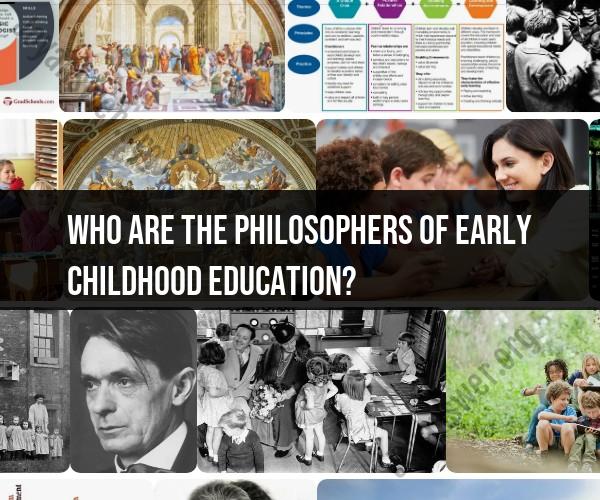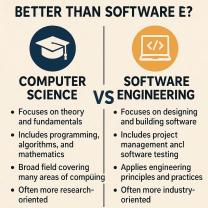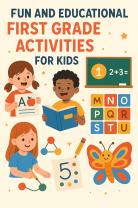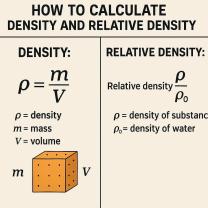Who are the philosophers of early childhood education?
Several philosophers and educational pioneers have made significant contributions to the field of early childhood education. These thinkers have influenced the development of educational theories and practices aimed at young children. Some of the prominent philosophers of early childhood education include:
John Amos Comenius (1592-1670):
- Often referred to as the "Father of Modern Education," Comenius emphasized the importance of early childhood education and believed that education should be accessible to all children.
- He advocated for a comprehensive and holistic approach to education, emphasizing the use of visual aids, play, and sensory experiences to facilitate learning.
Jean-Jacques Rousseau (1712-1778):
- Rousseau's work, particularly his book "Emile, or On Education," had a significant influence on early childhood education philosophy.
- He emphasized the natural development of children and believed that education should be child-centered, focusing on the child's interests and needs rather than imposing rigid structures.
Friedrich Froebel (1782-1852):
- Froebel is known for developing the concept of kindergarten, which means "children's garden" in German.
- He believed that young children learn through play and designed a curriculum that incorporated activities and materials to promote holistic development.
Maria Montessori (1870-1952):
- Maria Montessori's educational philosophy, known as the Montessori Method, emphasizes hands-on, self-directed learning in a carefully prepared environment.
- Her approach recognizes the importance of individualized learning and the role of the teacher as a guide and facilitator.
John Dewey (1859-1952):
- Although Dewey is often associated with progressive education for older students, his ideas on experiential learning and the importance of active engagement in the learning process also have relevance in early childhood education.
- Dewey emphasized the importance of learning through meaningful experiences and problem-solving.
Lev Vygotsky (1896-1934):
- Vygotsky's sociocultural theory of development emphasized the role of social interactions, cultural context, and the Zone of Proximal Development (ZPD) in early childhood learning.
- His work has had a significant impact on our understanding of how children learn and develop in social and cultural contexts.
These philosophers and educational pioneers have laid the foundation for contemporary approaches to early childhood education, shaping the way educators and caregivers understand and support the learning and development of young children. Their ideas continue to influence educational practices and policies in early childhood settings around the world.
Early Childhood Education Philosophers: Influential Thinkers in the Field
Early childhood education philosophers have played a major role in shaping the field of early learning. Their theories and ideas have influenced how we think about children's development and how we design early childhood programs.
Some of the most influential early childhood education philosophers include:
- John Amos Comenius (1592-1670): Comenius was a Czech educator and philosopher who is considered to be the father of modern education. He believed that all children should have access to education, regardless of their social class or background. Comenius also emphasized the importance of early childhood education, arguing that children are most receptive to learning during the early years of life.
- Jean-Jacques Rousseau (1712-1778): Rousseau was a French philosopher and writer who is best known for his novel Émile, or On Education. Rousseau believed that children should be allowed to learn at their own pace and in their own way. He also emphasized the importance of play and exploration in early childhood learning.
- Friedrich Froebel (1782-1852): Froebel was a German educator and philosopher who is considered to be the founder of the kindergarten movement. Froebel believed that children learn best through play and exploration. He also emphasized the importance of social and emotional development in early childhood.
- Maria Montessori (1870-1952): Montessori was an Italian physician and educator who developed the Montessori Method of early childhood education. The Montessori Method is based on the belief that children are naturally curious and motivated to learn. Montessori classrooms are designed to provide children with opportunities to learn at their own pace and in their own way.
- Loris Malaguzzi (1920-1994): Malaguzzi was an Italian educator and philosopher who is best known for his work at the Reggio Emilia preschools. The Reggio Emilia approach to early childhood education is based on the belief that children are capable of great things and that they should be given the opportunity to learn and grow in a supportive environment.
These are just a few of the many influential early childhood education philosophers. Their theories and ideas have had a profound impact on the field of early learning and continue to guide our practice today.
Shaping Early Learning: The Philosophers of Early Childhood Education
The philosophers of early childhood education have shaped our understanding of children's development and learning in many ways. For example, they have taught us the importance of:
- Play: Play is an essential part of early childhood learning. It helps children to develop their imaginations, creativity, and problem-solving skills.
- Exploration: Children learn best by exploring their environment. They need opportunities to touch, taste, smell, see, and hear the world around them.
- Social and emotional development: Social and emotional development is just as important as academic development in early childhood. Children need to learn how to interact with others, manage their emotions, and resolve conflict.
- A supportive environment: Children thrive in supportive environments where they feel safe and loved. They need adults who believe in them and who are willing to help them learn and grow.
The philosophers of early childhood education have also helped us to develop a variety of early childhood teaching methods and philosophies. For example, the Montessori Method, the Reggio Emilia approach, and the Waldorf approach are all based on the theories of early childhood education philosophers.
Education Pioneers: Exploring the Philosophers of Early Childhood Education
The philosophers of early childhood education were pioneers in the field of education. They were among the first people to advocate for universal education and to develop early childhood education programs.
Their work has had a profound impact on the lives of millions of children around the world. Today, early childhood education is widely recognized as being essential for children's development and success.
We are indebted to the philosophers of early childhood education for their vision and dedication. Their work has helped to make the world a better place for children and for all of us.













